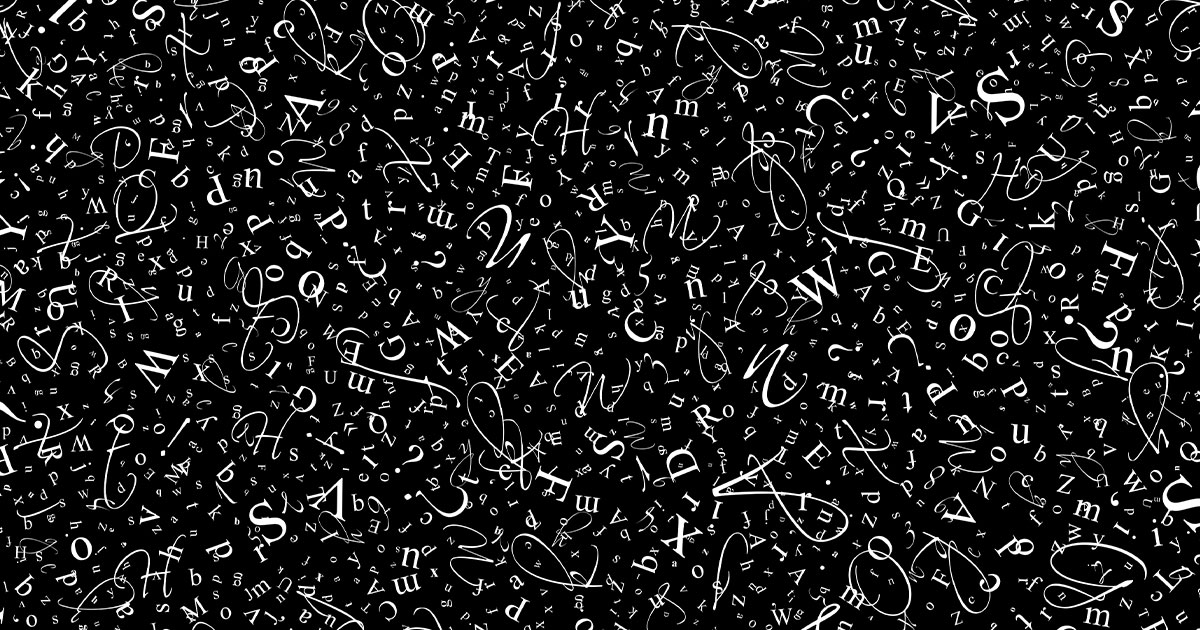Poetry can be cryptic and complex, but also artistic and beautiful. It has evolved tremendously over the centuries yet remained consistent. Let’s take a closer look at that paradoxical statement and see how poetry has blessed the world and how some people are using it today.
POETICALLY HISTORICAL
Poetry originated as a spoken language before it was ever written on tablets. It was a world tradition and a form of storytelling and entertainment, and had to be memorized by the speaker. Because verse had a tendency of being perpetually long, the speaker would often use alliteration and rhyming as mnemonic devices to help them connect with the words and as a memory aid. This is how poetry kept its consistency over the centuries; rhyming, alliterations, and metaphors were very catchy and unique and unlike conventional language.
It’s hard to track down who the very first poet was, but the earliest written poem was titled Gilgamesh which was written back in 2000 B.C. by Sumerians (present-day Iraq).
The earliest type of poetry is the Epic which is a long, narrative poem about a hero (or heroine) and their heroic deeds and events. These poems are normally very cultural (e.g., the Iliad and the Odyssey, by Homer).
The longest poem ever written in the world is The Mahabharata, an Indian epic containing around 1.8 million words!
The style of poetry varies across cultures. For instance, in Japan the “Haiku” is the traditional poem and is very short, containing only three lines. The syllabic formula for a traditional Haiku is 5-7-5, meaning the first line has five syllables, the second line has seven syllables, and the third line also has five syllables. Haikus rarely rhyme but have great simplicity.
POETICALLY SPOKEN
It may be practical to say that spoken word poetry has existed since the birth of poetry because it was performed orally. But the term ‘spoken word poetry’ has taken on a new meaning ever since the 1950s when it is believed to have achieved popularity. It originated and accelerated from the poetry of the Harlem Renaissance, blues, and the Beat Generation of the 1960s.
Early in the 20th century, famous poets such as Robert Frost and Vachel Lindsay carried on the tradition of oral poetry by reading their works out loud.
A while later, Black cultures pulled their spoken word inspiration from sociopolitical literature and music. The Civil Rights Movement also inspired poignant spoken word pieces. Looking at Martin Luther King, Jr.’s “I Have a Dream” and Sojourner Truth’s iconic speech, “Ain’t I a Woman?” it’s easy to see how these oratory masterpieces influenced spoken word across the African-American community. The Last Poets, a poetry and political music group, was extracted out of the Civil Rights Movement and spoke realistically and artistically about the social problems that were contemporary at the time, and, perhaps, are still relevant today. Their work really took spoken word to a new level.
Today, because of the influence of The Last Poets, spoken word often refers to social justice, race, politics, community, and current issues and events. On another note, spoken word is sometimes coupled with live painting, music, and dancing to connect the subject matter with the audience.
POETICALLY THERAPEUTIC
“Poetry is the spontaneous overflow of powerful feelings: it takes its origin from emotion recollected in tranquility.” This is my favorite definition of poetry coined by poet William Wordsworth. Can poetry be therapeutic? Yes, it can according to lifespeakspoetrytherapy.com! Poetry therapy is defined as “the intentional use of the written and spoken word for healing and personal growth.” This unique type of therapy helps individuals come to terms with their thoughts, emotions, opinions, and beliefs. It includes sessions where participants are prompted to emotionally respond to a chosen work of literature. These sessions also have facilitators who make participants create their own poems or prose in response to the given works of literature, which is a catalyst of healing and self-discovery. Poetry therapy is also helpful because it likely leads to cathartic releases. Telling personal—or fictitious—stories through poetry, songs, or journals helps people find their own voices, greater awareness of self, ideas, and new hope.
Poetry is forever evolving and will constantly serve as food for the human soul.



















